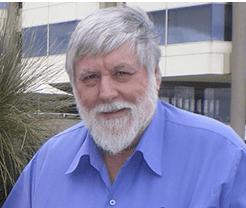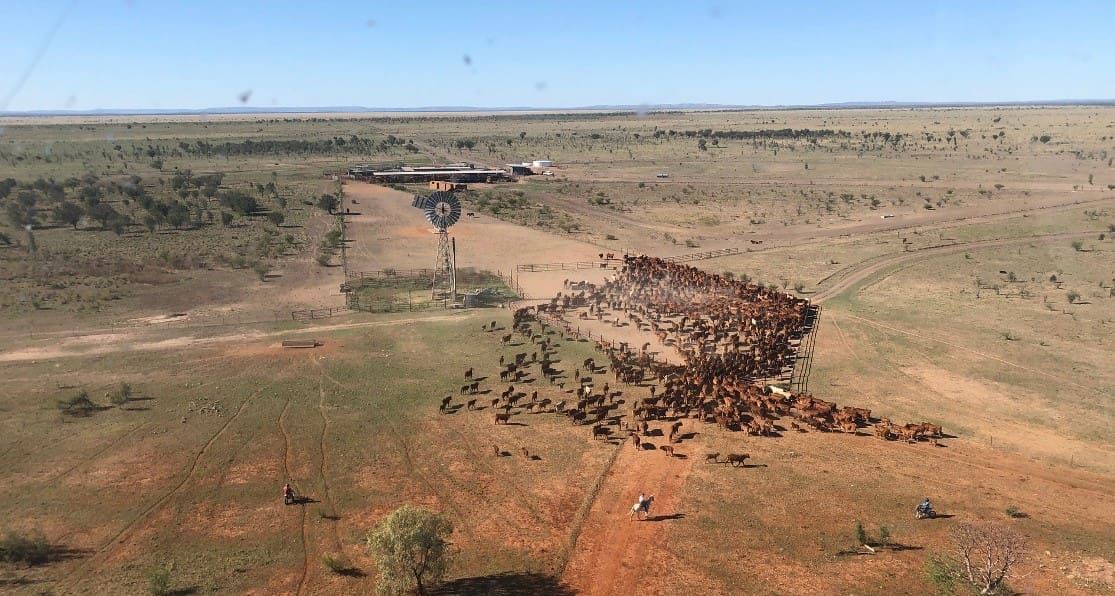CLARITY on carbon accounting and measuring standards has topped the list of priorities for the North Australia Beef Research Council (NABRC), as the producer-led body submits its report to Meat & Livestock Australia.
NABRC identified a list of six priority areas for research – including carbon, groundcover and feed measurement, non-invasive alternatives to surgical procedures, prevention and restoration of overgrazed land, optimising tree balance and better options for parasites like ticks and buffalo.
The organisation is made of producers in 11 regional committees and along with the Southern Australia Livestock Research Council (SALRC) and the Western Australian Livestock Research Council (WALRC) helps form the priorities for MLA.

Dr John Taylor
NABRC Chair Dr John Taylor said there is a strong need for proven, practical, cost-effective methods for measuring and verifying environmental services including carbon sequestration, reductions in greenhouse gas emissions, and biodiversity conservation.
“The industry has committed to a goal of carbon neutrality by 2030 and to achieve that producers need clarity and certainty about how to participate,” Dr Taylor said.
“We’ve also identified research gaps in quantifying livestock emissions on major land and pasture types, as well as the opportunity to identify native browse shrubs that contain bio-actives for reducing methane emissions.
“By identifying forage quality and quantity in different seasons and matching plant species to stage of animal life, producers can make proactive decisions and adapt their management accordingly.”
Its influence and collaboration efforts have resulted in many research programs for the beef industry including, for example, the recent Northern Breeding Business (NB2) project, pasture dieback research, phosphorous for cattle fertility, and the CashCow project.
NABRC also supports producers to adopt new technology and best practices by sharing research from MLA, CSIRO, universities and the State Governments.
- Click here for more information on NABRC’s priorities
Source: NABRC

